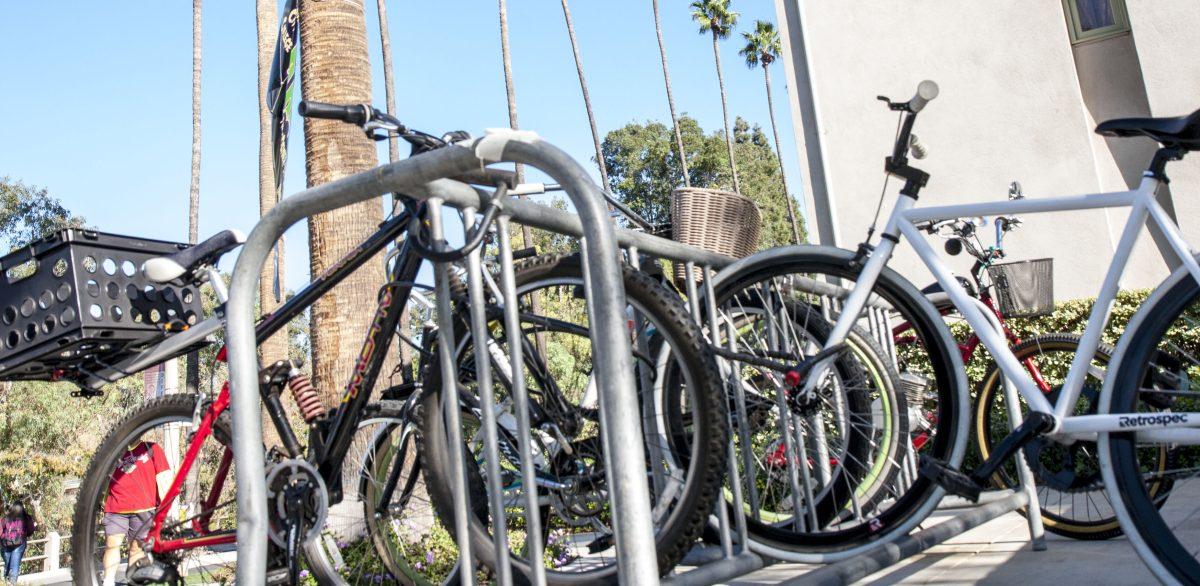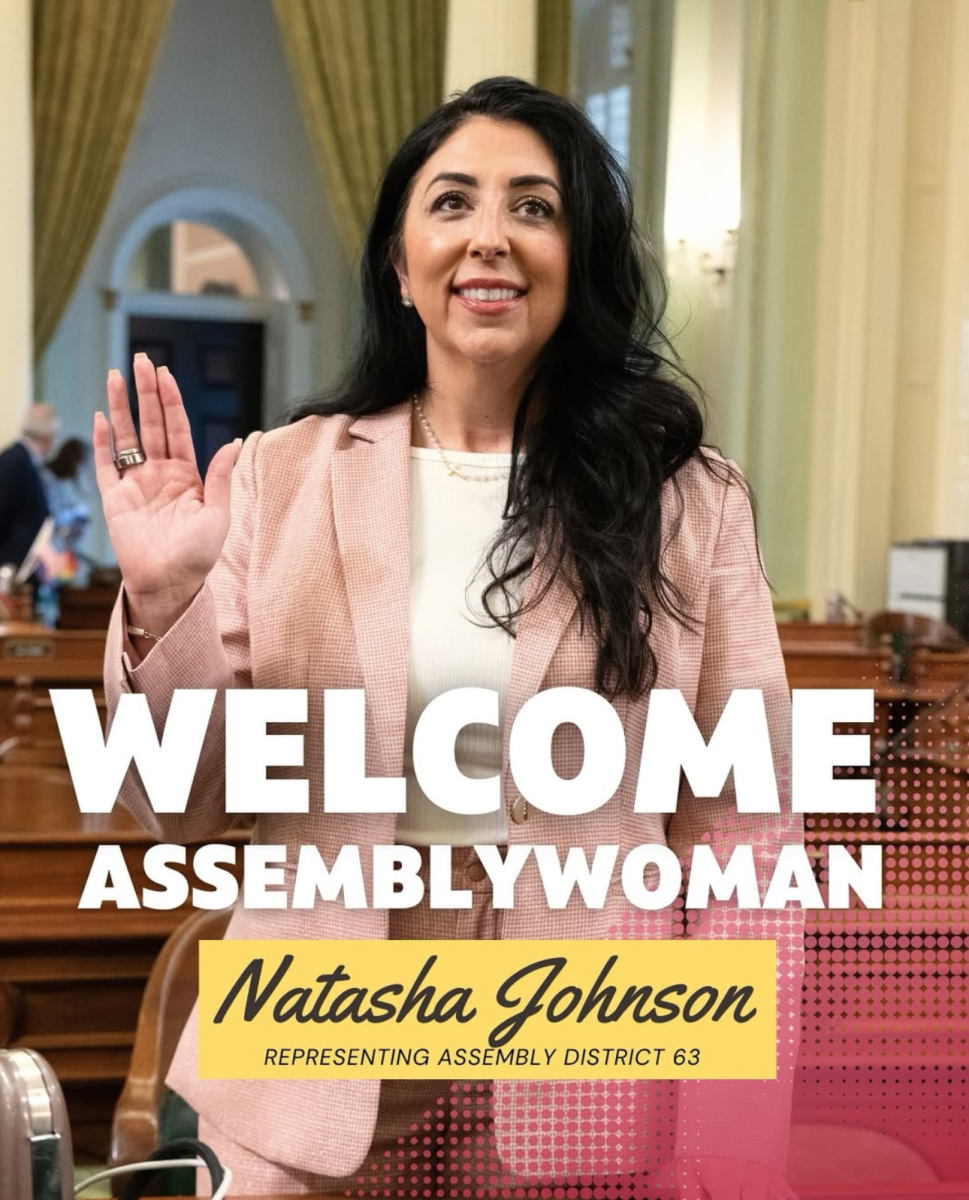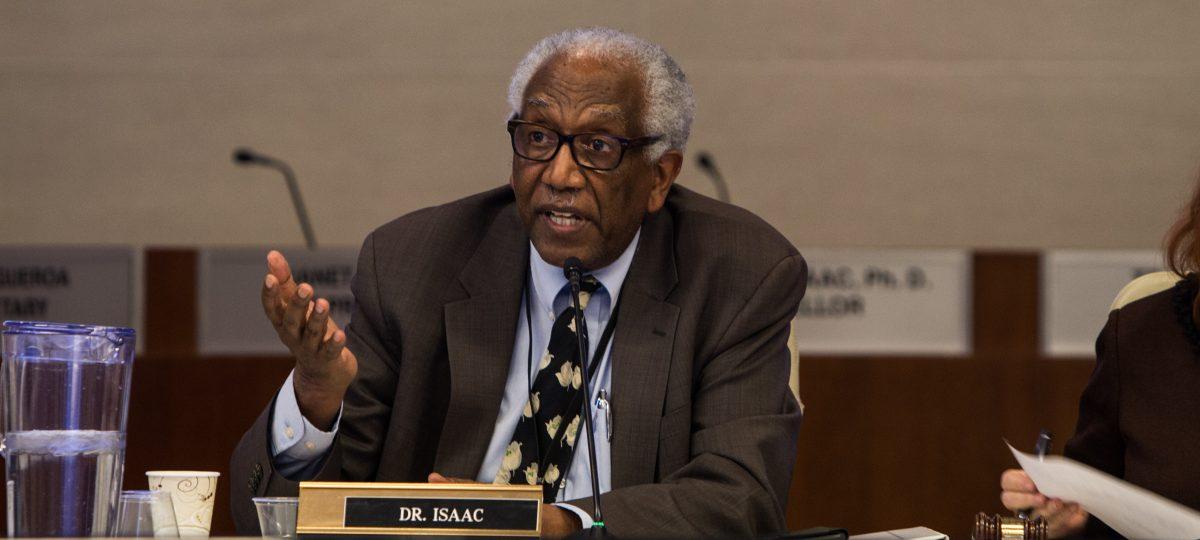Lawrence Manns | Assistant News Editor
Nov. 3, 2014
Riverside City College is becoming one of the four cornerstones of Riverside’s new bike sharing program, and will be the one of the four locations that will host a bike sharing station for citizen use.
RCC and UCR will both get a bike station to gauge how students would use the service.
“The city expects this bike share program to be used heavily by college students due to the ease and reasonable cost of the program,” said Brandi Becker, senior administrations analyst of Riverside Public Works Department. “Students will be able to take a bike and ride to a nearby restaurant for lunch or dinner or ride to and from their homes or places of business.”
RCC plans to take full advantage of the opportunity to have a bike station close to campus and Associated Students of RCC is working on getting the word out about this program as more information is available.
“I think that here, any alternative mode of transportation that would help to relieve some of the pressure off of RTA and other modes of transportation are always beneficial,” said Ray Orozco, Associated Students of RCC president”
According to Orozco, the college would be a great place for the city to gather data on public bike usage, due to the smaller and more controlled environment of a community college.
“It would be a really good idea for students to be more active and get to places,” said Ryan Rudolph, ASRCC vice president. “If we get these bikes, it would make our college one of the most forward community colleges out there.”
RCC’s involvement in the program has met with mixed reactions.
“It certainly would be beneficial to a lot of people on campus. I have transportation so I don’t need the bikes, but some people have no way to get here besides the bus,” RCC student Zack Rankin said.
Still, many RCC students who own cars or other forms of transportation would still ride the bikes.
“I would ride the bikes because I believe it would help relieve congestion and promote public transit,” student Julian Castro said.
Student Abby Davis said the bikes would help her save money and gas by riding them around short distances.
According to Becker, one of the main goals of the bike sharing program is to reduction of child obesity, and the encouragement of healthy and active citizenship.
“Ideally, it would increase bicycling as a form of transportation and reduce traffic and greenhouse gas emissions in the city,” Becker said.
The method of bike sharing is still indeterminate, however, according to Becker, a user would need to enter information at a designated bike share station, and check out a bike for use. The bike would have a set time for use and afterward, the user would pay additional fees depending on how much longer the bike was used. To check bikes in and out, a user would use a smartphone app or use an automated kiosk.
The program is being commissioned by the Riverside Public Works Department, and a private contractor that hasn’t been selected yet. Riverside issued a “request for proposal”, inviting companies to propose their concepts of service. At this time, it is unclear who will take up the job. The chosen vendor would have a budget of nearly $275,000 to work with, covering the next three years. Costs are estimated to be within $200,000 and $300,000, according to Becker. If the program is successful, then it may run past its initial three year run time.
The city has planned for accidents and crimes, and has included measures to make sure the kiosks and bikes are safe for riders. The budget allotment of the program would cover any damage to bikes or to bike stations.
“The bike share stations will be placed in locations that are well lit and in open and highly visible places to help prevent damage to the station and bikes,” Becker said. “Additionally, the bikes will be equipped with some type of tracking device. The primary use for these devices is to locate the bikes in the city for program use and rotation but it can also be useful in the case of stolen or vandalized bikes.”
The city is currently equipped with over 100 miles of class two bike lanes and trails to accommodate the bikes. With this network of bike paths, the city anticipates that riders will be able to check out bikes and return them with ease. The city will monitor the areas that show the highest activity of riding and make adjustments to the surrounding infrastructure as needed.
This article was published in the Oct. 30 edition of Viewpoints.







